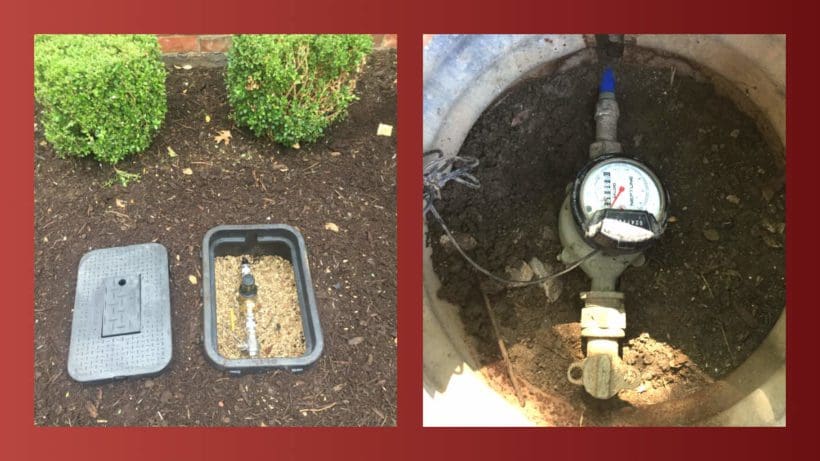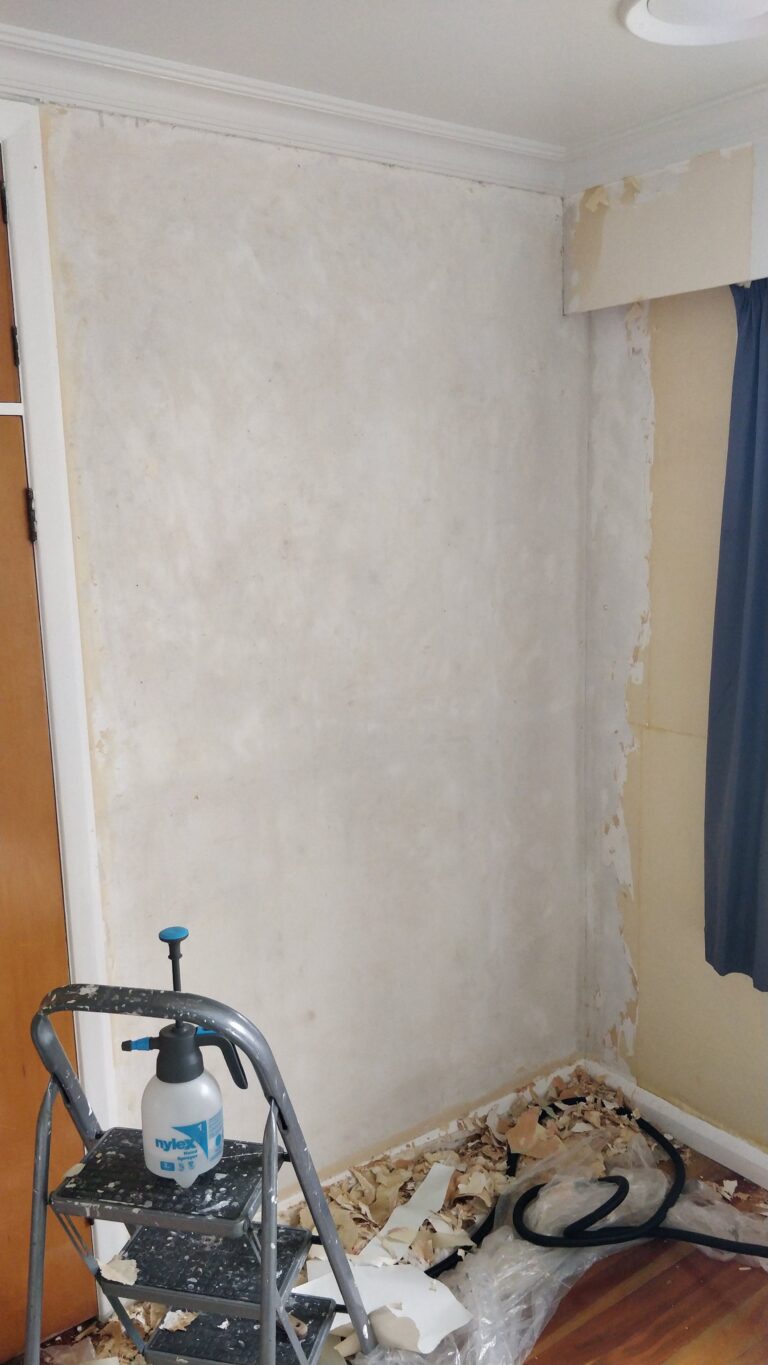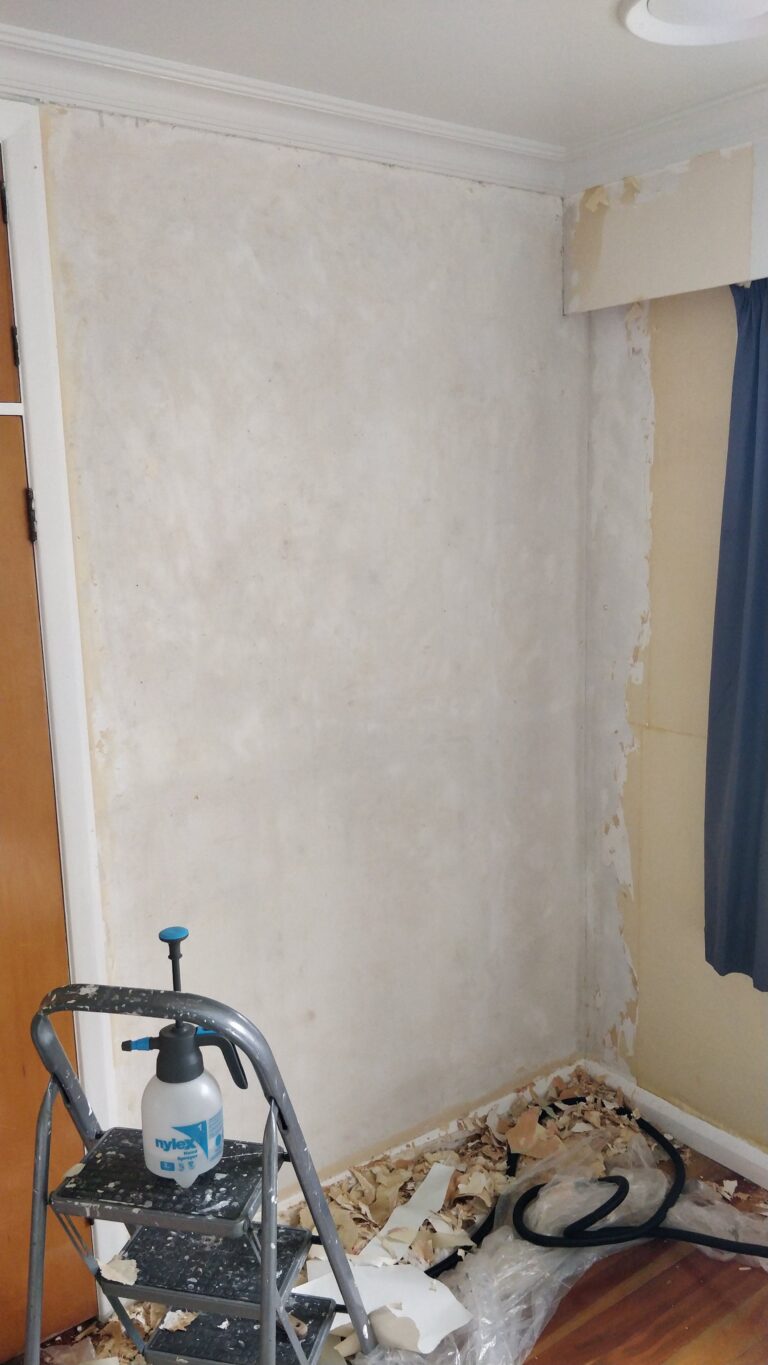Can You Put a Second Electric Meter on a Property in Dallas: A Comprehensive Guide
Yes, you can put a second electric meter on a property in Dallas. This process involves meeting certain requirements and getting approval.
It can be beneficial for various reasons. If you own a property in Dallas and are considering adding a second electric meter, you are not alone. Many property owners seek this option to split utility costs, rent out parts of their property, or separate business and personal usage.
Adding a second meter can streamline billing and provide clear usage data. However, it is essential to understand the regulations, costs, and steps involved. By doing so, you can make an informed decision that best suits your needs and complies with local rules. In this blog, we will explore everything you need to know about putting a second electric meter on your property in Dallas.

Credit: www.energybot.com
Benefits Of A Second Electric Meter
Installing a second electric meter on a property in Dallas can offer several benefits. Homeowners and property managers can see cost savings and better control over energy use. Let’s explore how.
Cost Savings
A second electric meter can help reduce utility bills. Separate meters allow you to track energy use in different areas. This can identify high-usage zones and cut unnecessary costs. It also ensures accurate billing for tenants or shared spaces.
Energy Management
Managing energy becomes easier with a second electric meter. Property owners can monitor and control electricity usage more effectively. This helps in making informed decisions on energy-saving measures. It can also lead to a more sustainable and efficient property.
Legal Requirements
Thinking about adding a second electric meter to your property in Dallas? Before you get too excited, it’s important to understand the legal requirements. Navigating through the maze of local regulations, permits, and approvals can be daunting. But don’t worry, we’ve got you covered! Let’s break it down step-by-step to make it easier for you.
Local Dallas Regulations
First off, it’s crucial to know the local regulations in Dallas. The city has specific rules and guidelines regarding electrical installations. According to the Dallas Development Code, properties must comply with zoning laws. This means you need to ensure that your property’s zoning allows for multiple meters. For instance, if your property is zoned for single-family use, adding a second meter might not be allowed. It’s always a good idea to check with the local zoning office or a knowledgeable real estate attorney.
Permits And Approvals
Next up, you’ll need to secure the right permits and approvals. In Dallas, any significant electrical work requires a permit from the city’s Building Inspection Department. Here’s a quick list of steps you might need to follow:
- Submit an Application: Fill out an application form for an electrical permit. You can usually do this online.
- Site Inspection: An inspector will visit your property to ensure everything is up to code.
- Approval Process: Once the inspection is complete, you might need to wait a few days for the final approval.
Remember, it’s always better to get all these approvals in place before starting any work. It saves you from potential fines or having to undo the work later.
| Step | Description |
|---|---|
| 1 | Submit an Application |
| 2 | Site Inspection |
| 3 | Approval Process |
To wrap things up, while adding a second electric meter can be a great idea, it’s essential to follow the legal requirements. By understanding local Dallas regulations and securing the necessary permits and approvals, you’ll ensure a smooth and hassle-free process. Happy upgrading!
Installation Process
Thinking of adding a second electric meter to your property in Dallas? It’s not as complicated as it might seem. The installation process involves a few key steps, and it’s important to ensure everything is done correctly for safety and compliance reasons. Let’s dive into the details of the installation process.
Hiring A Licensed Electrician
First things first, you need to hire a licensed electrician. This isn’t a DIY job. You wouldn’t want to risk your safety or run afoul of local regulations. A licensed electrician ensures everything is up to code and done safely. Plus, they have the expertise to handle any unexpected issues.
When looking for an electrician, consider:
- Checking their license and insurance
- Reading reviews and asking for recommendations
- Getting multiple quotes to compare prices
Steps Involved
The installation process involves several steps. Here’s a simple breakdown:
- Assessment: The electrician assesses your property to determine the best placement for the second meter.
- Permits: Necessary permits are obtained. This ensures the work is legal and meets local regulations.
- Installation: The electrician installs the meter box and connects it to the main power supply. This includes setting up the wiring and ensuring everything is securely connected.
- Inspection: After installation, an inspection is required. This is to ensure everything is done correctly and safely. The local authorities will check the work and give the final approval.
And there you have it! While the process might seem a bit daunting, breaking it down into these manageable steps makes it easier to understand. By hiring a skilled electrician and following these steps, you’ll have your second electric meter installed in no time.

Credit: legacyplumbing.net
Costs Involved
Thinking about adding a second electric meter to your property in Dallas? Understanding the costs involved is crucial. Let’s explore the financial aspects of this decision in detail.
Installation Costs
Installing a second electric meter requires professional services. The installation can cost between $1,000 and $3,000. This range covers the meter itself, wiring, and labor charges. The specific cost depends on your property’s layout and local rates.
Permits are another expense. Dallas requires permits for electrical work. Permit fees can range from $50 to $200. The permit ensures the work meets safety standards. Professional electricians usually handle the permit process.
Ongoing Expenses
Once installed, a second electric meter incurs ongoing costs. You’ll receive a separate electric bill for the new meter. The cost depends on your electricity usage. More usage means higher bills.
There might be a basic monthly fee. This fee covers the cost of maintaining the meter. The fee varies by utility company, usually around $10 to $20 per month.
Maintenance is another factor. Regular checks ensure the meter functions correctly. Unexpected repairs can add to the ongoing expenses. Keeping an eye on the meter’s condition helps manage these costs.
Potential Challenges
Thinking about installing a second electric meter on your property in Dallas? It sounds like a straightforward task, but there are a few hurdles you might face. Let’s dive into some potential challenges and how you can address them effectively.
Common Issues
Installing a second electric meter can be more complicated than you might think. Here are some common issues you might encounter:
- Regulatory Approvals: Getting the necessary permits can be a time-consuming process. Dallas has specific regulations that need to be followed.
- Technical Limitations: Your existing electrical infrastructure might not support an additional meter without significant upgrades.
- Cost: The expenses can add up quickly, from installation fees to potential upgrades required by the utility company.
- Property Zoning: Zoning laws may restrict the addition of another meter, particularly in residential areas.
How To Overcome Challenges
Don’t worry! Here are some strategies to help you navigate these challenges:
- Research and Planning: Start by researching Dallas’s specific regulations regarding second meters. Consult the city’s building codes and speak with local authorities.
- Consult a Professional: Hire a licensed electrician who can assess your property’s current electrical system and suggest necessary upgrades.
- Budget Wisely: Plan your budget carefully. Include potential costs for permits, inspections, and any required electrical work.
- Check Zoning Laws: Review your local zoning laws to ensure that your property is eligible for an additional meter. If you’re unsure, consider consulting a zoning lawyer.
Remember, while the process might seem daunting, with proper preparation and professional guidance, you can successfully install a second electric meter on your property. Who knows? It might even be easier than you anticipated!
Credit: www.secondsightsystems.com
Alternative Solutions
Are you wondering if you can add a second electric meter to your property in Dallas? There are alternative solutions that might suit your needs better. These options can help you manage and monitor your electricity usage without installing a second meter.
Submetering
Submetering involves installing individual meters for different areas or units within your property. This allows you to track the electricity usage of each unit separately. You can bill tenants based on their actual usage. This method provides transparency and encourages energy conservation.
Smart Meters
Smart meters offer a modern solution for monitoring electricity consumption. These meters provide real-time data on energy usage. This helps you understand and manage your electricity consumption more effectively. Smart meters can also send usage data directly to your utility provider. This eliminates the need for manual readings. Installing a smart meter can be a cost-effective and efficient way to monitor your electricity use.
Frequently Asked Questions
Can I Add A Second Electric Meter To My House?
Yes, you can add a second electric meter to your house. Contact your utility provider and hire a licensed electrician for installation.
Can A House Have More Than One Meter?
Yes, a house can have more than one meter. Multiple meters can measure different utilities or separate units.
How Much Does It Cost To Add A Second Electric Meter?
The cost to add a second electric meter ranges from $1,000 to $3,000, depending on local rates and installation complexity.
Why Would A House Have Two Electrical Meters?
A house might have two electrical meters to separate billing for different units or to monitor specific high-usage appliances. This setup can help manage energy costs and usage more efficiently.
Conclusion
Adding a second electric meter in Dallas is possible. Follow local regulations and guidelines. Consult with an electrician. Check zoning laws and utility company rules. Proper planning ensures a smooth process. A second meter can offer benefits. It helps manage energy usage.
It may also lower costs. Always stay informed and prepared. This way, you make the best decision for your property.

My name is Maria, A professional merge game player with years of experience mastering games like Merge Dragons, Merge Gardens, Merge Mansion, and more. My passion for uncovering the best strategies, solving tricky puzzles, and discovering hidden secrets led her to create MergeGameplay.com.





